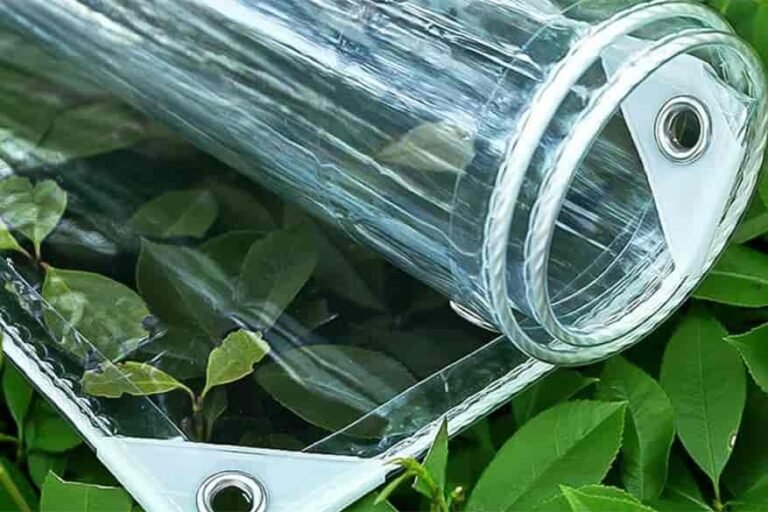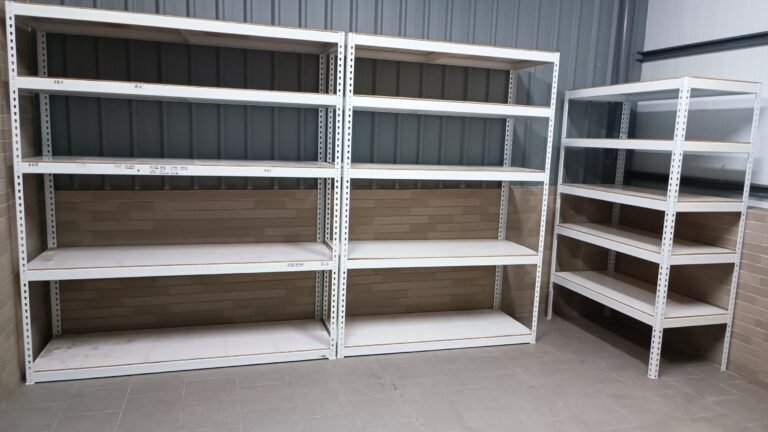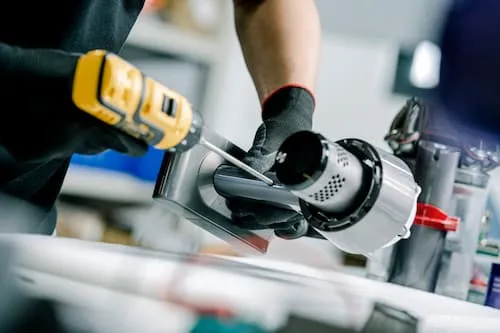Choosing the right 304 Camlock supplier is a crucial decision for any business involved in fluid transfer, chemical processing, or industrial piping. These couplings, made from 304 stainless steel, are widely valued for their corrosion resistance, strength, and reliability. However, not all suppliers provide the same quality, service, or value. Evaluating a supplier thoroughly ensures you’re partnering with a reliable and efficient source that meets your operational standards. Here’s a comprehensive guide to help you assess the performance of your 304 Camlock supplier.
Understanding the Importance of a Reliable Supplier
Selecting a dependable 304 Camlock supplier is more than just a cost-saving measure; it directly impacts product quality, operational efficiency, and even workplace safety. A poor-quality Camlock coupling can lead to leaks, system failures, and costly downtime. By working with a supplier that consistently delivers high-quality products and reliable service, you’re investing in the long-term success of your operations.
Product Quality and Material Standards
Verify the Material Composition
A trustworthy 304 Camlock supplier should provide verifiable documentation of their product’s material composition. True 304 stainless steel contains specific percentages of chromium and nickel, ensuring optimal corrosion resistance and durability. Ask for material certificates or test reports to confirm the compliance of the stainless steel used.
Inspect Manufacturing Standards
Check whether the supplier follows international manufacturing standards such as ISO, ASTM, or ANSI. Consistency in wall thickness, thread quality, and sealing surfaces is critical for proper function and safety. A supplier committed to strict quality control will have these procedures clearly outlined and consistently applied.
Review Product Testing Protocols
Inquire about the testing procedures employed by the supplier. Pressure tests, dimensional accuracy checks, and surface finish inspections should be routine. A supplier who invests in rigorous testing demonstrates their commitment to quality and reliability.
Range of Products and Customization Options
A high-performing 304 Camlock supplier offers a wide range of sizes, types (Type A, B, C, D, etc.), and configurations. This variety allows you to meet diverse system requirements without sourcing from multiple vendors. Additionally, if your operations require specialized fittings, evaluate the supplier’s ability to provide custom solutions with consistent quality and turnaround time.
Delivery Efficiency and Logistics Support
Assess Lead Times
Timely delivery is essential for uninterrupted operations. Evaluate your supplier’s typical lead times and their consistency in meeting them. Frequent delays may indicate poor inventory management or logistical inefficiencies.
Check Inventory Levels
A reliable supplier maintains sufficient stock of common sizes and types to ensure immediate availability. Ask about their stock management system and how they handle high-demand situations or urgent orders.
Evaluate Packaging and Shipping Standards
Proper packaging minimizes the risk of damage during transit. Your supplier should use robust, weather-resistant materials and labeling that makes identification and inventory easy. Also, check if they offer tracking capabilities for shipments and how they handle delivery issues or returns.
Customer Service and Technical Support
Responsiveness and Communication
Effective communication is a hallmark of a professional supplier. Evaluate how quickly they respond to inquiries, how clearly they explain technical aspects, and how transparent they are with product details, pricing, and timelines.
Technical Expertise
Your supplier should not only sell products but also understand them. They should be able to provide technical guidance, recommend the right Camlock types for specific applications, and assist with troubleshooting or installation.
After-Sales Support
After-sales service reflects a supplier’s long-term commitment. This includes help with defective items, returns, replacements, or usage guidance. Ask about their warranty policies and how they handle customer complaints or disputes.
Compliance, Certifications, and Reputation
Verify Industry Certifications
A reliable 304 Camlock supplier should hold certifications like ISO 9001, which confirms a systematic approach to quality management. Depending on your industry, additional certifications related to environmental or safety standards may also be important.
Look for Regulatory Compliance
Ensure the products comply with local and international regulations relevant to your industry, especially if you’re in food processing, pharmaceuticals, or chemicals. Compliance ensures the fittings are safe and suitable for your application.
Research Reputation and Reviews
Look up reviews, testimonials, and case studies about the supplier. Feedback from other customers, especially those in similar industries, offers valuable insights into the supplier’s reliability, consistency, and product quality. Long-term partnerships with other businesses often signal trust and performance.
Pricing Transparency and Value for Money
Fair and Transparent Pricing
The lowest price isn’t always the best deal. A trustworthy supplier provides transparent pricing with no hidden costs. Ensure the quote includes shipping, taxes, and any additional charges. Compare quotes with peers but weigh them against product quality and support services.
Total Cost of Ownership
Beyond the upfront cost, consider the total cost of ownership. A cheaper Camlock coupling that fails early will cost more in downtime and replacements. Investing in a reliable supplier might offer better long-term value by minimizing maintenance, increasing equipment longevity, and reducing operational disruptions.
Innovation and Continuous Improvement
Commitment to R&D
Suppliers investing in research and development are more likely to offer innovative solutions, better designs, and superior performance. This is particularly valuable if you operate in a fast-evolving industry or require custom fittings.
Adapting to Market Needs
Evaluate how the supplier responds to changing industry requirements or emerging technologies. Their ability to innovate and adapt ensures that your systems remain up-to-date and competitive.
Building a Long-Term Partnership
A great 304 Camlock supplier sees your business not just as a transaction but as a partnership. They understand your needs, proactively suggest improvements, and contribute to your operational success. Choose a supplier who values your business, seeks feedback, and is willing to grow with you.
Conclusion
Evaluating your 304 Camlock supplier isn’t a one-time activity—it’s an ongoing process. As your business scales or shifts focus, your supplier must keep pace with your demands. By thoroughly assessing product quality, delivery reliability, customer service, compliance, and pricing transparency, you’ll ensure that your supplier supports your success rather than hindering it. The right 304 Camlock supplier will help you maintain system integrity, improve operational efficiency, and achieve long-term business goals.





